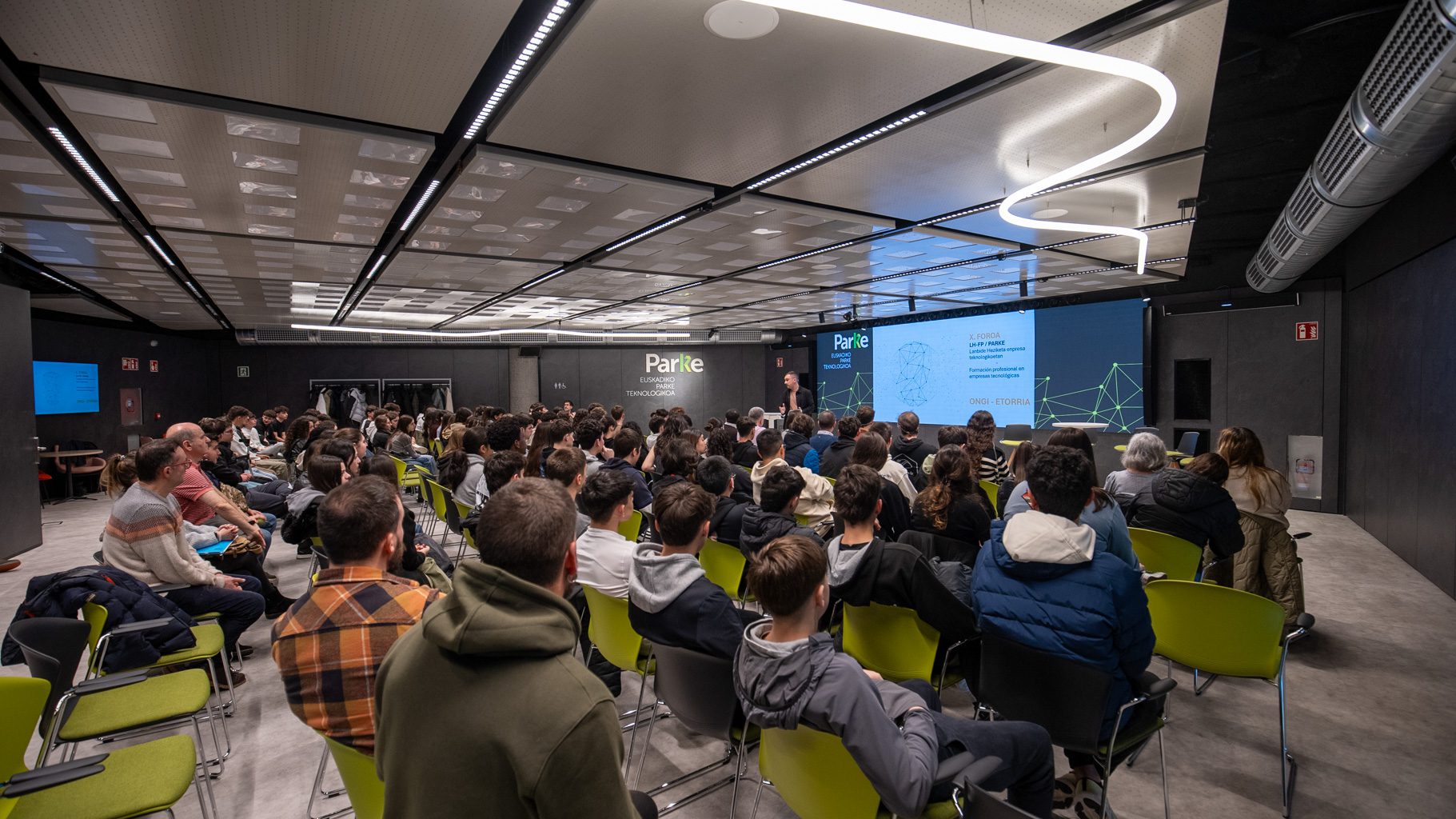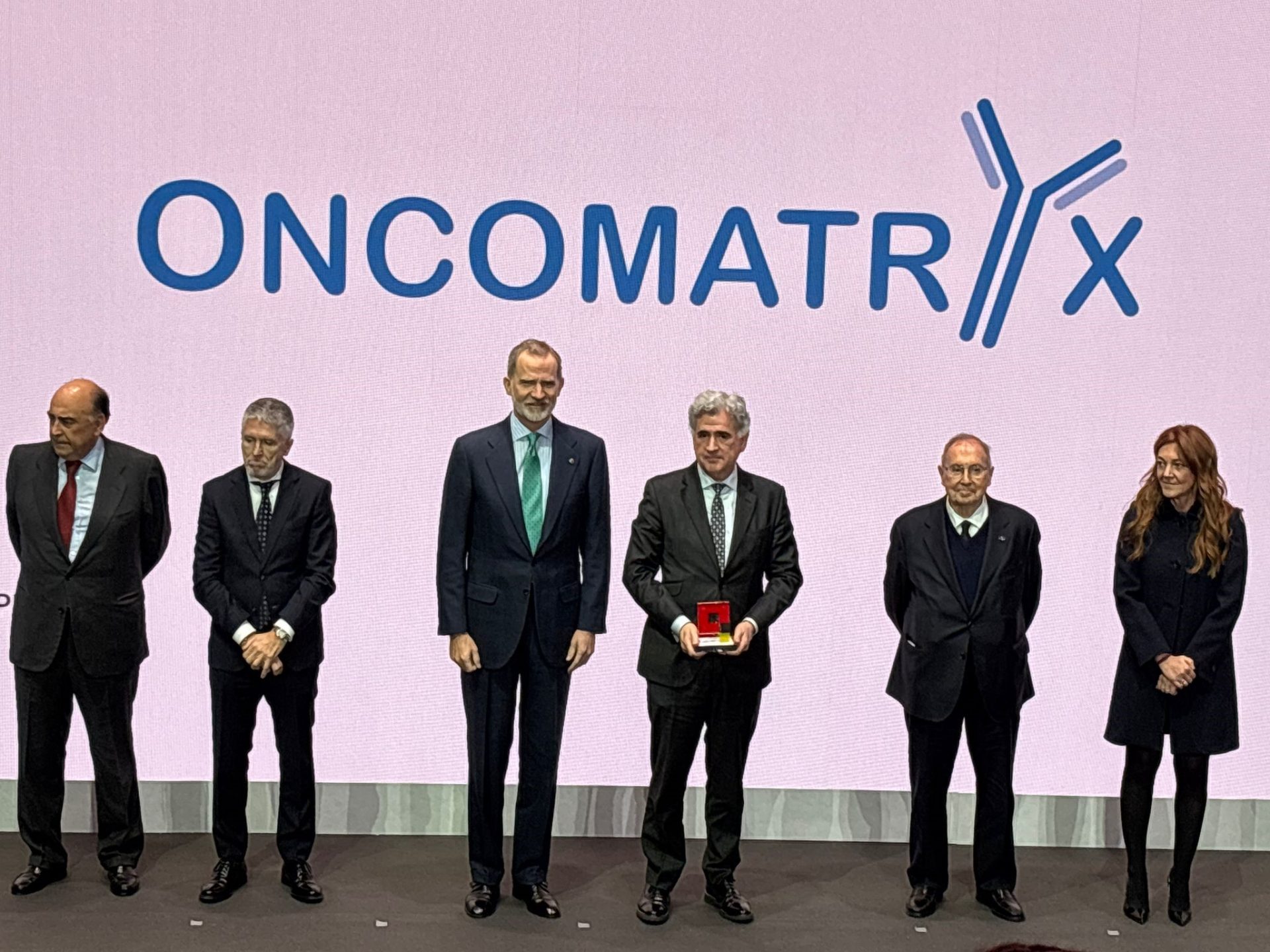Can video games make us better readers?
A study by the Basque research centre BCBL has tested the visual and attentional abilities related to reading of gamers who play only action games and players of other genres
The data from the experiment was collected using eye-tracking technology, available at BCBL’s facilities
Identifying the video games with the greatest impact on the functions linked to reading performance may allow specific games to be developed for people with problems such as dyslexia
The classic definition of an action video game describes first or third person shooter games characterised by a fast and intense pace. These types of games demand a high load of cognitive, perceptual and motor attention on the screen and have therefore been the focus of numerous studies.
Some of these studies have concluded that expert gamers in this genre have better visual functions and skills related to reading. The implementation of these video games has even been tested to improve the reading skills of children with dyslexia.
However, these scientific studies had not taken into account the possible effect of players’ previous experience in other genres, such as adventure, sports or car racing, which include similar elements to action games.
In this context, the scientific journal Language, Cognition and Neuroscience has published the results of a novel study carried out at the Basque research centre Basque Center on Cognition, Brain and Language (BCBL). The visual and reading skills of a group of gamers who only play action video games, another group of gamers of other genres and a third group of non-gamers were tested at the BCBL.
The three groups were part of an experiment led by researchers Marie Lallier of BCBL and Maria Eleonora Minissi, now a researcher at the Polytechnic University of Valencia. Participants completed conventional reading tests as well as more advanced ones while the results were collected through eye-tracking technology, available in BCBL’s laboratories.
‘We expected to find more developed visual attention functions in players of action video games in a task involving a visual search for elements within a string of symbols, which could be assimilated to what we do when we read. However, it was the more heterogeneous gamers who showed better performance and greater gains in reading ability,’ Marie Lallier points out.
At the same time, both groups of video game players showed better results on more difficult reading tasks compared to non-gamers.
Video games for dyslexic children
According to the BCBL expert, the research opens the hypothesis that not only classic action video games have benefits on the main visual functions linked to reading processes, but that there may be a wider variety of genres with potential positive effects.
This fact opens the door for future research to look beyond a single genre of video games to identify which characteristics affect visual ability in games with different themes.
‘If we can find out which properties have an impact on the visual system processes linked to reading, these could be applied to the design of specific video games for children with problems such as dyslexia to guide the improvement of their reading performance,’ adds Lallier.
In addition, including other criteria and variables such as the number of hours played in future studies will also provide more complete information on the potential beneficial impact of video games on reading processes.
‘In this way, it will be possible to demonstrate whether playing non-violent video games for a reasonable number of hours can have the same positive effects’, concludes the expert.
BCBL’s research work, funded by the Basque Government and the State Research Agency, has involved the collaboration of 73 participants.




